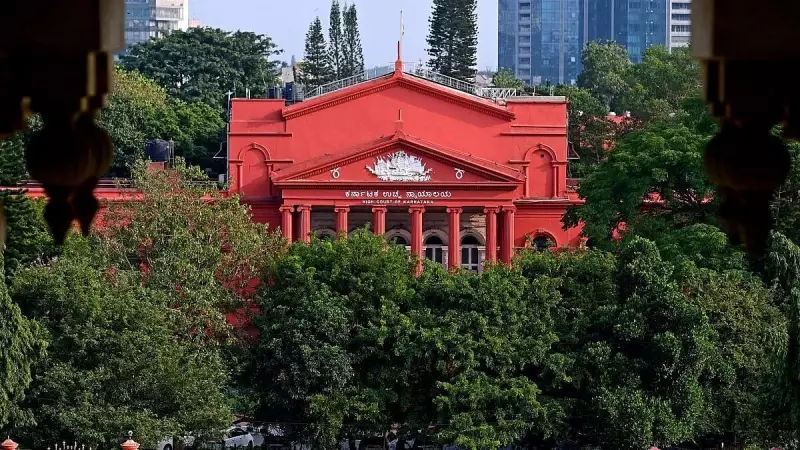
In a revelation that has sparked widespread discussion about federal-state dynamics, the Karnataka High Court has made a significant observation regarding the operational control of Bengaluru's beloved Namma Metro system. The court highlighted what it described as the Union Government's "pervasive control" over the metro operations, despite the project being a joint venture between the state and central governments.
Judicial Scrutiny Reveals Power Imbalance
The High Court's observations came during proceedings related to a petition filed by a metro employee. While addressing the case, the bench comprising Chief Justice Prasanna B Varale and Justice Krishna S Dixit delved into the administrative structure governing the Bengaluru Metro Rail Corporation Limited (BMRCL).
The court noted that the Union Government, through various mechanisms, maintains substantial authority over the metro's functioning. This includes significant influence in decision-making processes that typically fall under state jurisdiction for urban development projects.
Implications for Federal Structure
This judicial observation raises important questions about the balance of power between state and central governments in managing critical urban infrastructure. The court's characterization of "pervasive control" suggests a level of central oversight that potentially undermines the state's autonomy in managing its urban transport needs.
The timing of this observation is particularly significant as Bengaluru continues to expand its metro network amid growing urban mobility challenges. The city's residents heavily depend on Namma Metro for daily commuting, making the governance structure of this vital public transport system a matter of public interest.
What This Means for Bengaluru Commuters
While the court's observations don't immediately change metro operations, they bring to light the complex power dynamics that could influence future decisions regarding:
- Fare revisions and pricing policies
- Network expansion plans and routes
- Operational priorities and service improvements
- Financial allocations and funding models
The court has clarified that its remarks about central control were contextual observations rather than final rulings on the matter. However, these comments have opened up an important conversation about how India's rapidly growing urban metro systems should be governed and who should have the final say in their operations.
As Bengaluru continues to grapple with urban transportation challenges, the balance of power between state and central authorities in managing Namma Metro could significantly impact the city's future development and the daily lives of millions of commuters.






